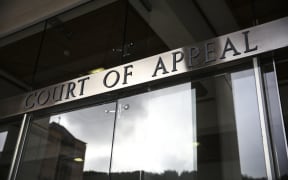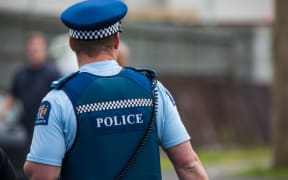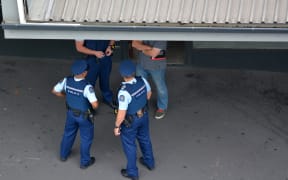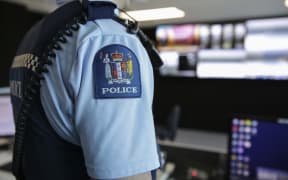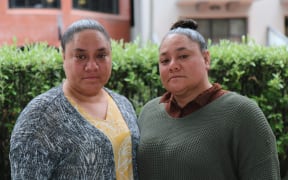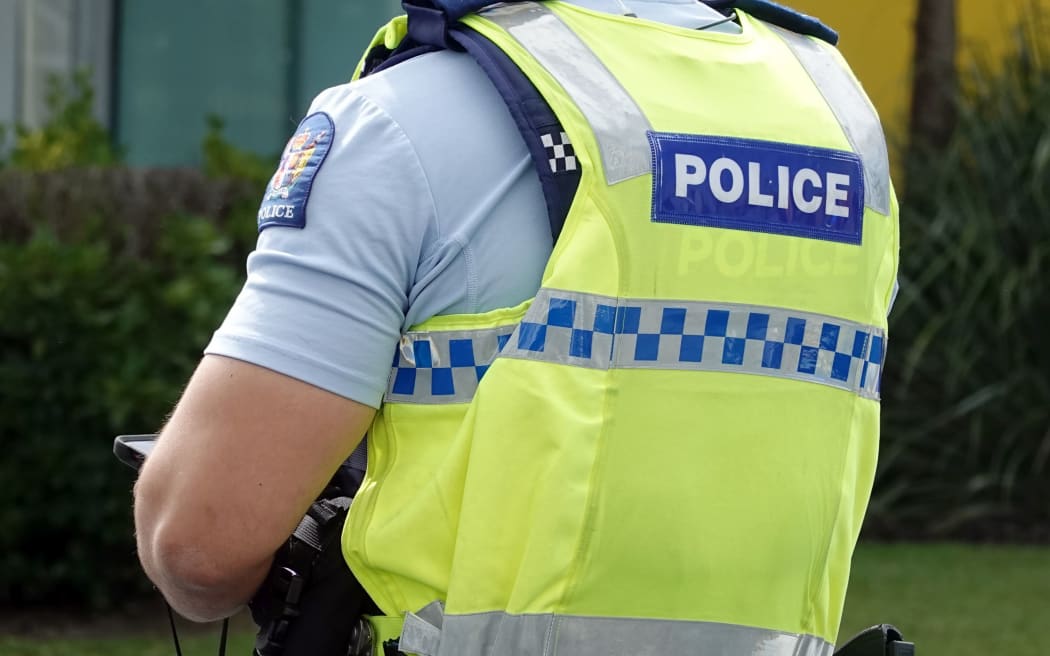
(File photo) Photo: 123RF
A Court of Appeal decision potentially limiting how police can photograph people in public could set a precedent the Police Association says would dramatically change how officers investigate crime.
The court found an officer illegally photographed a man during a random traffic stop, amounting to a breach of the Bill of Rights.
The picture was cross referenced with CCTV footage to identify the man and used as evidence in a trial where he was convicted of robbery.
The court found there was no lawful reason to take the man's picture as he was standing on the side of the road, as officers were not gathering evidence about his offending.
He was compelled by circumstances to leave the vehicle and his photograph was taken simply on the basis that it might be useful in the future.
It said the man had a reasonable expectation of privacy.
Police Association president Chris Cahill said he was "very" disappointed by the decision.
It appeared to bar officers from taking pictures of people in public to gather intelligence, and only allow it if they were investigating a particular offence, he said.
"It will dramatically change how officers are able to approach gathering evidence and certainly gathering intelligence.
"And the only people who are going to win out of this are criminals, it's not going to protect the public."
It would lead to fewer crimes being solved, and the actions by officers that night were in line with public expectations, Cahill said.
The decision could have such "severe implications" that Cahill would like the solicitor-general to step in and consider whether the Crown should mount an appeal.
Decision puts police 'on notice'
University of Otago law professor Andrew Geddis said the crucial part of the decision was the finding that people do have a reasonable expectation to privacy in a public place.
While the decision did not mean police could never photograph people, the court had now put limitations around it, he said.
Photos taken unlawfully and then submitted by police as evidence in court could be thrown out.
The Court of Appeal found that despite the picture being taken unlawfully it was still acceptable to use it as evidence in the robbery trial.
The court said officers acted in good faith and it was important evidence which led to a conviction.
But it also said a different conclusion could be reached if police continued to unlawfully photograph people.
Geddis said this was the court sending police a warning
Judges had discretion to balance the severity of a breach with the importance of the evidence, he said.
Geddis said the Court of Appeal ruling could take that argument off the table for police in future case.
"The police are on notice, they know that this sort of photographing activity is unlawful.
"And so in future cases the court is going to look at this behaviour and take a much harder line and say 'you knew you weren't allowed to do this, we won't allow you to get away with it and bring the evidence in [to court]."
Police may now have to delete any pictures taken unlawfully in public where there was a reasonable expectation of privacy, Geddis said.
Barrister Marie Taylor-Cyphers said she was concerned about how the court decision allowed the evidence to be used during the trial, regardless that it was gathered unlawfully.
"It hasn't been enough to win this appeal.
"The risk I see there is that police [will] continue to act in that way because effectively there is no consequence for them."
Police considering the judgement
Police said they were considering any potential implications arising from the judgement.
They said some of the issues covered in the judgement were part of an ongoing review of the Evidence Act that was currently being consulted on.
"The public can be confident that police have an ongoing commitment to balancing our operational requirements with the public's right to privacy, and that police will continue to work with the Office of the Privacy Commissioner and the communities we serve on this issue," a spokesperson said.

